The US Supreme Court is currently weighing two cases that challenge the authority of the US president to impose tariffs under the International Emergency Economic Powers Act (IEEPA), a move that could potentially lead to the US government owing over $1 trillion in refunds to companies that have paid import fees this year, plus interest.
According to a report by The Atlantic, if Donald Trump loses his Supreme Court fight over tariffs, the US may be forced to return tens of billions of dollars to companies that have paid import fees this year. The longer the verdict is delayed, the higher the refunds could go, possibly even hitting $1 trillion. This development has significant implications for tech companies, both large and small, as they would not only have to claw back duties paid on imports to the US but also face the long-term consequences of ending tariff shocks that risk harming innovation itself by destabilizing global partnerships and diverse supply chains in tech-intensive, IP-led sectors like semiconductors and software.
Economics lecturer Matthew Allen emphasized in a report for The Conversation that the tariff shocks risked harming innovation itself by destabilizing global partnerships and diverse supply chains in tech-intensive, IP-led sectors. "The uncertainty and unpredictability of tariffs can make it difficult for companies to invest in research and development, and can even lead to the breakdown of global supply chains," Allen said.
The current cases before the Supreme Court argue that the US president does not have unilateral authority to impose tariffs under the International Emergency Economic Powers Act (IEEPA). This challenge to Trump's authority to impose tariffs has significant implications for the tech industry, which relies heavily on global partnerships and supply chains.
The background of the issue lies in the Trump administration's imposition of tariffs on imports to the US, which has been a contentious issue since 2018. The tariffs were imposed under the International Emergency Economic Powers Act (IEEPA), which allows the president to impose economic sanctions in times of national emergency. However, the Supreme Court cases argue that the president does not have the authority to impose tariffs under this act, and that the tariffs are therefore unconstitutional.
Tech companies have been particularly affected by the tariffs, as they rely heavily on imports to the US. Companies like Apple and Intel have been forced to pay duties on imports of components and materials, which has increased their costs and made it difficult for them to compete in the global market.
The current status of the cases before the Supreme Court is that they are being weighed by the justices, with a decision expected in the coming months. The outcome of the cases will have significant implications for the tech industry and the US economy as a whole. If the Supreme Court rules in favor of the challengers, it could lead to the US government owing over $1 trillion in refunds to companies that have paid import fees this year, plus interest.
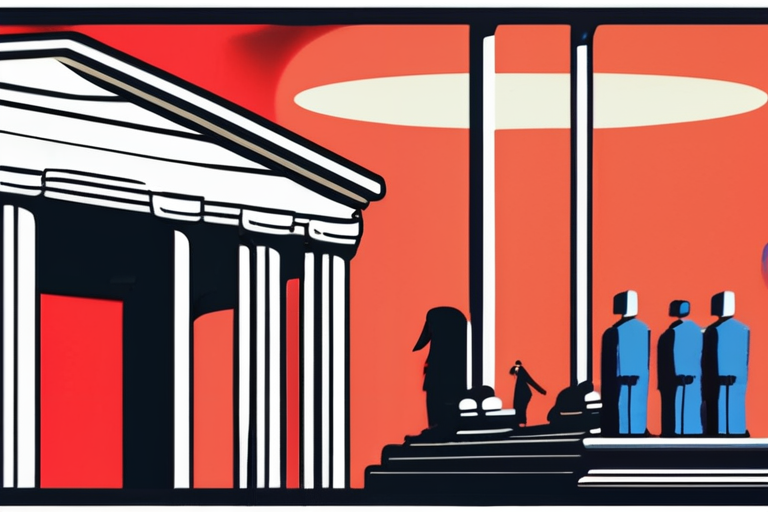


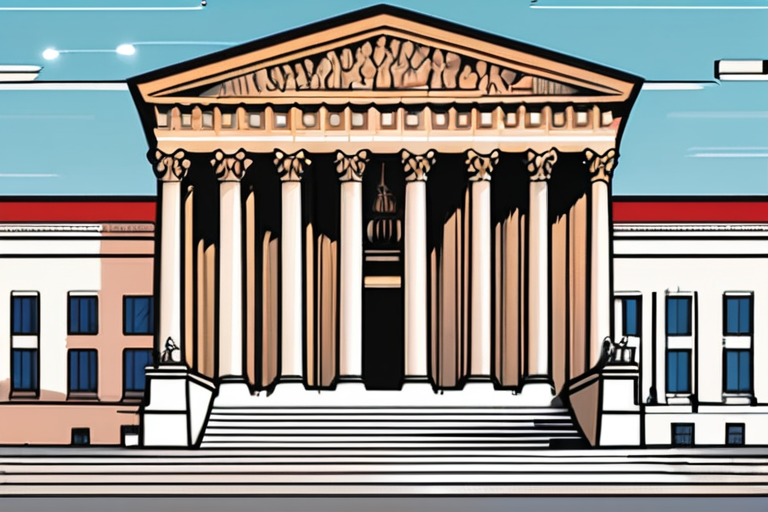


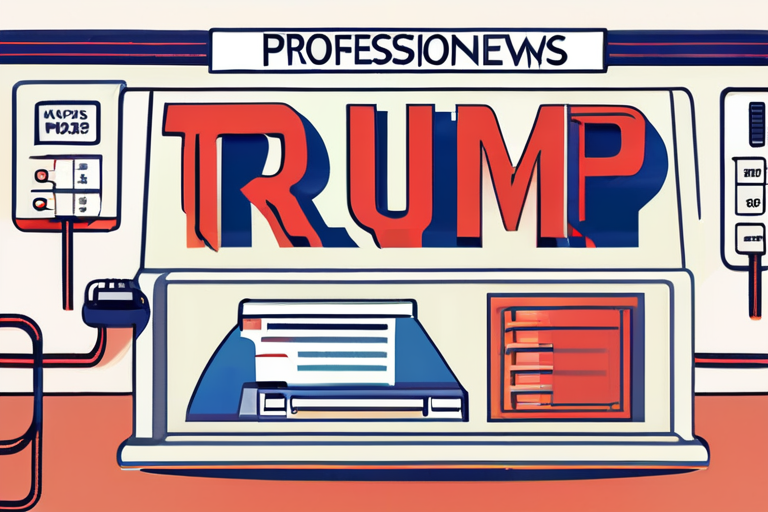
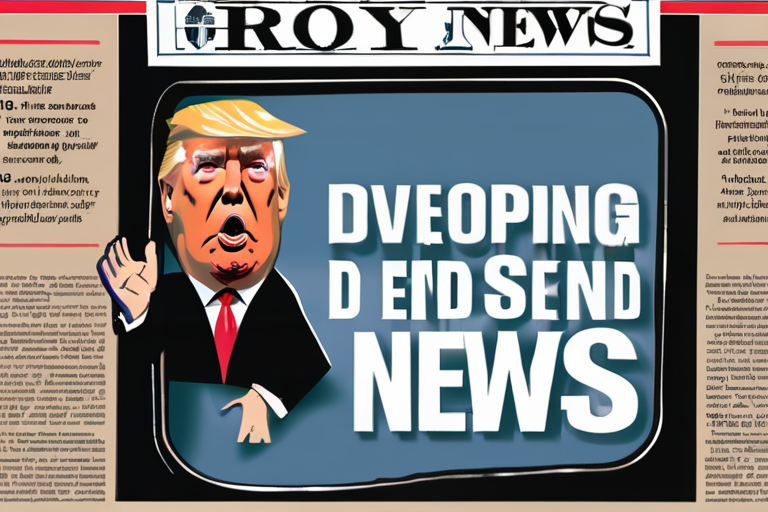
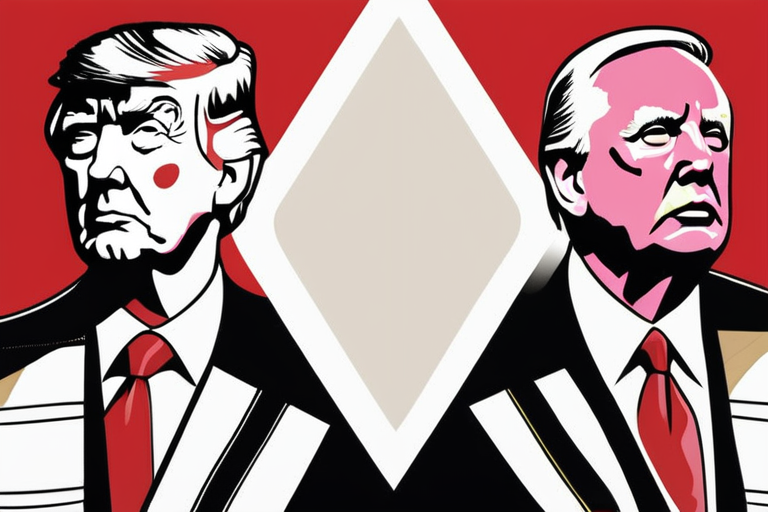
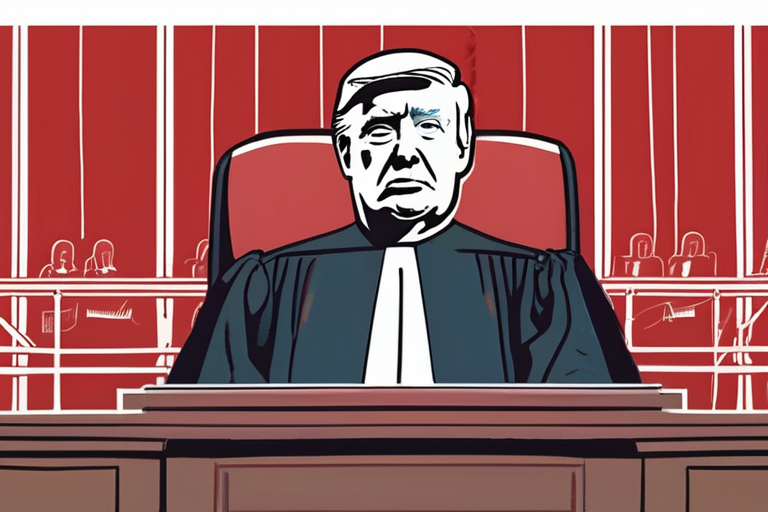

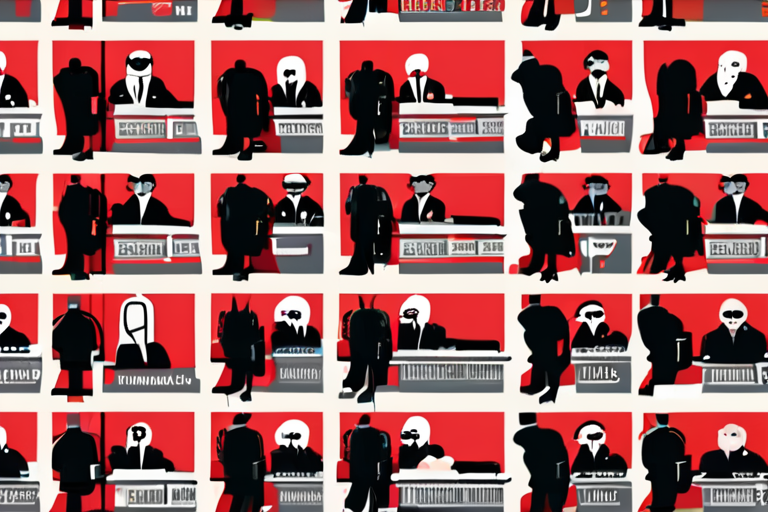

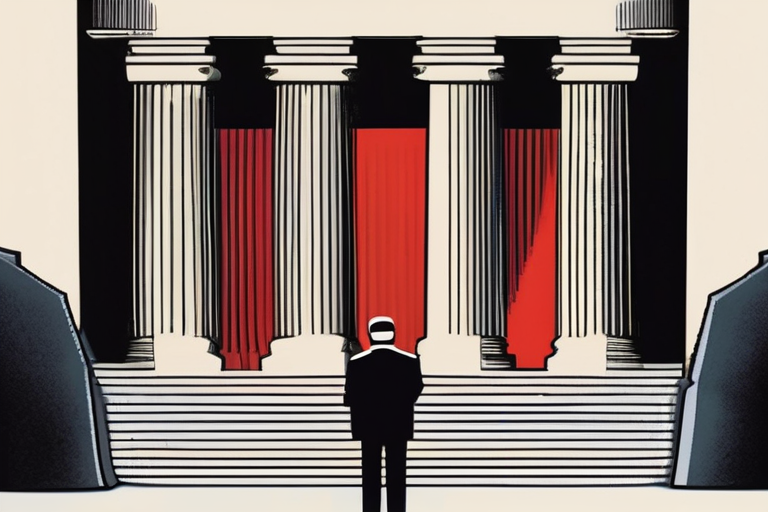

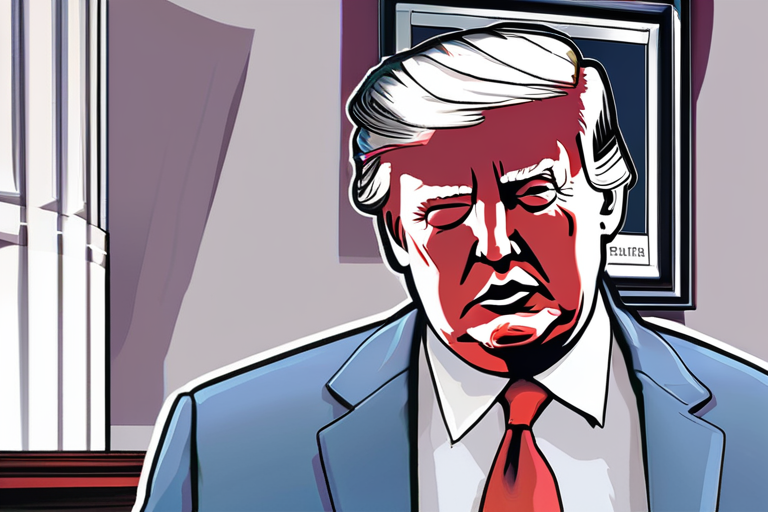
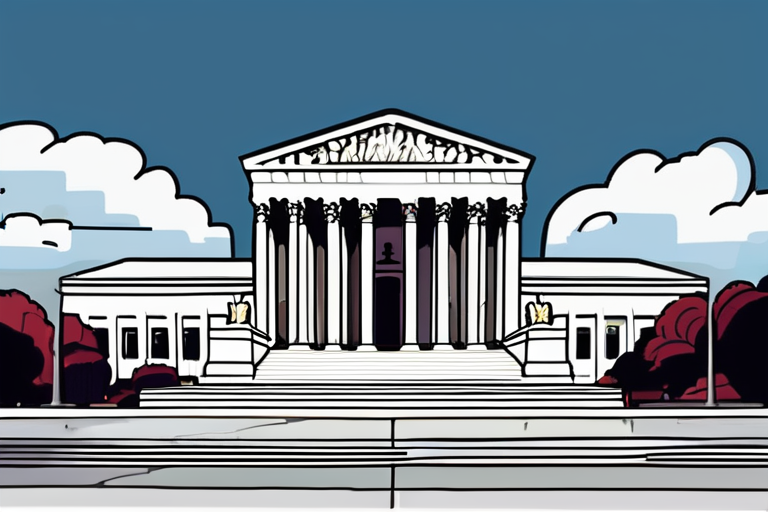
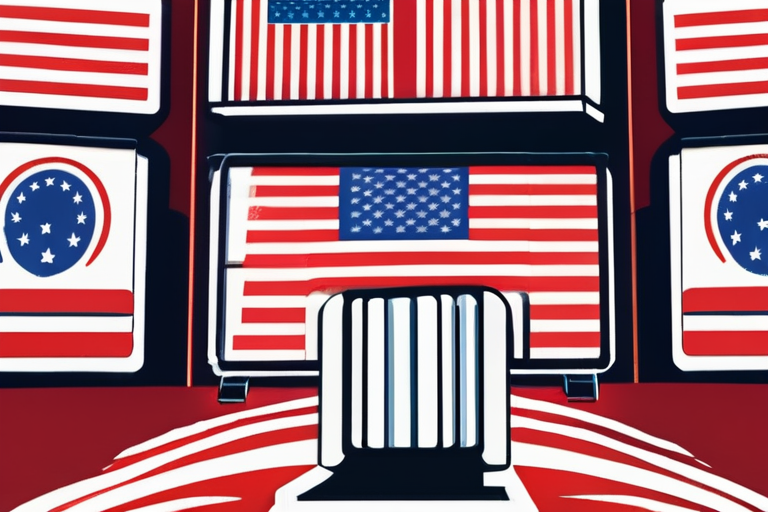
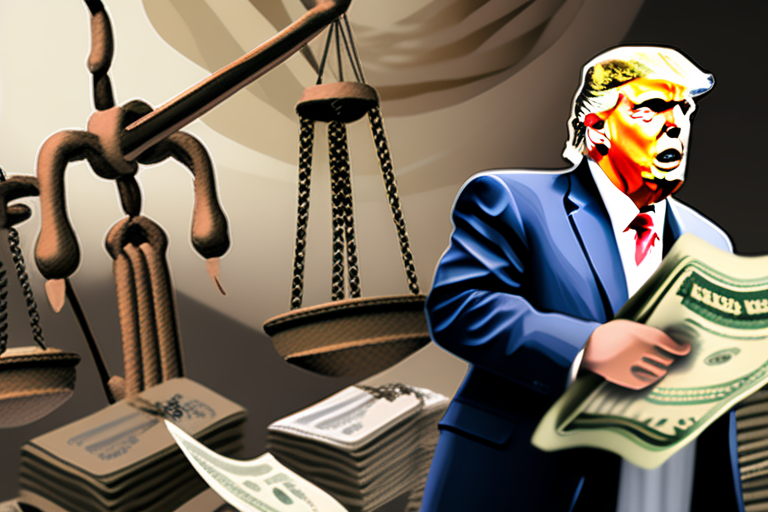

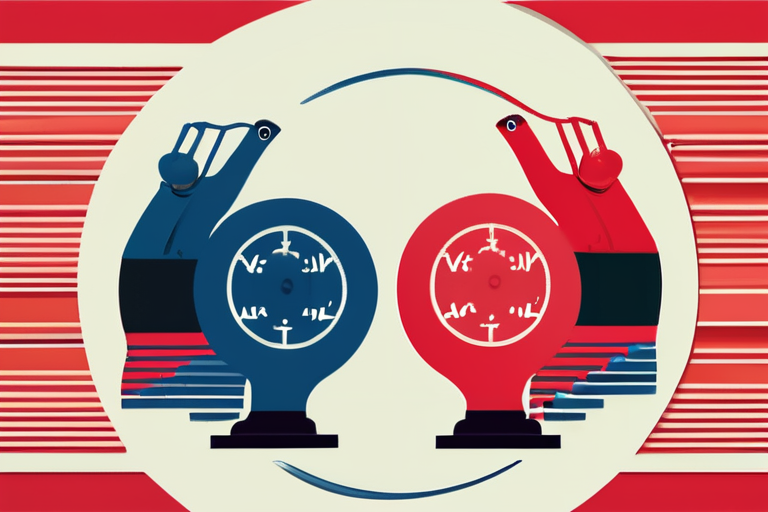
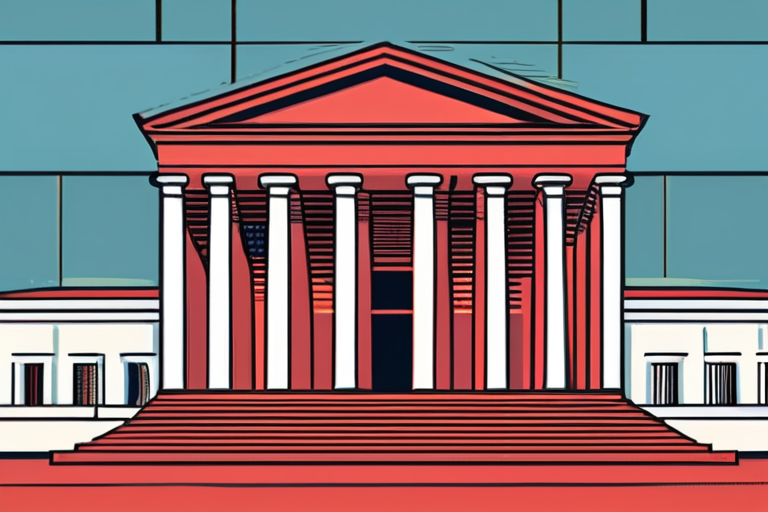
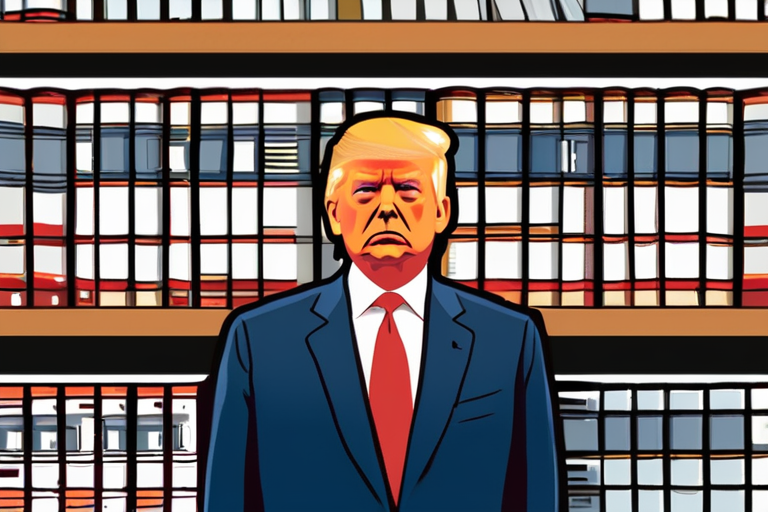
Share & Engage Share
Share this article